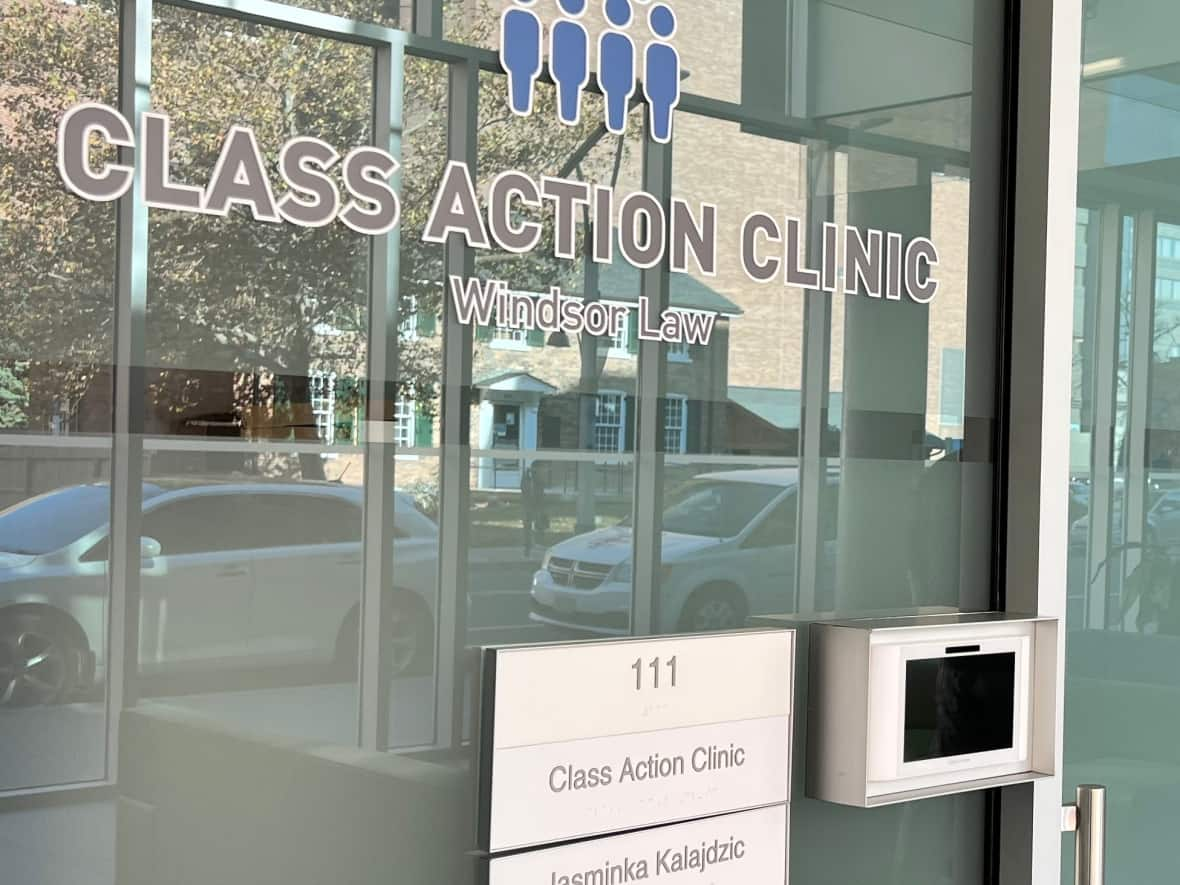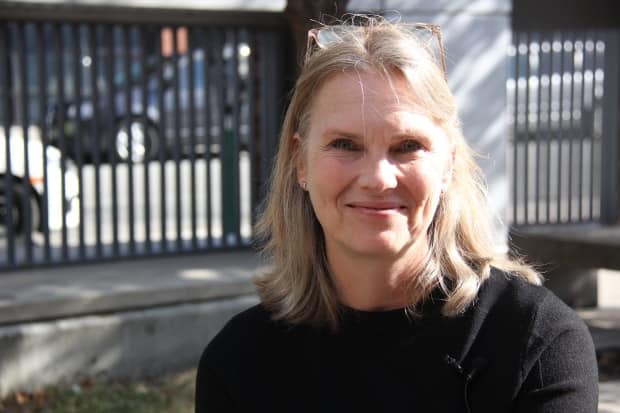How a 'one-of-a-kind' Windsor law clinic was awarded millions from a class action suit

A unique legal clinic in Windsor that helps people navigate class action lawsuits says it will have funding to operate for years to come after an unexpected windfall from a case it had no involvement with.
The Class Action Clinic at the University of Windsor's Faculty of Law has been awarded $3.1 million from a $100-million lawsuit against BMO Trust.
The major Canadian bank was sued by former investment advisor James MacDonald in 2006 after he discovered undisclosed fees being charged on foreign transactions, affecting approximately 135,000 BMO customers. The Ontario Superior Court of Justice approved the settlement in 2021.
Following the settlement payout to class members, a remaining $6.2 million was left unaccounted for. As part of the settlement agreement, a provision stated that any remaining funds would go to a nonprofit charity. The Class Action Clinic was ultimately selected as the recipient of half of the funds.
"We were excited then, and even more excited when we discovered the [amount]," said Jasminka Kalajdzic, director and creator of the clinic.
"In this case, one of the plaintiffs, Mr. MacDonald, learned about the clinic through a friend of his who was an alumnus at the university. And he was just really pleased. He thought it was a service that could really help class members. Ultimately, the judge approved of the distribution to the clinic."

The Windsor law clinic does not represent clients or pursue class action lawsuits itself. Instead, it offers a free service to anyone involved in a class-action lawsuit across Canada, helping with various complexities that arise in the process.
"The irony is, one of the main things we do is help people make claims in complicated settlement processes, in order to ensure that there isn't a lot of leftover money. That's the point, there shouldn't be a lot of leftover money," said Kalajdzic.
Andrew Eckart, a staff lawyer at the clinic, said the service is needed. Eckart also oversees the work of employed summer law students, a program the clinic will now be able to maintain for the foreseeable future.
"Students really are the face of the clinic in terms of the interactions with clients. They're the ones making the calls, coordinating things with clients, drafting up letters, filings and applications. It's a really important clinic in terms of legal education."

Khawla Khalifa is a single mom of three and a third-year law student who worked for the clinic last summer. She says the experience is one she wouldn't trade for the world.
"It's been an invaluable experience. From writing legal opinions, to the claims applications to the legal research, to learning time management skills and working as a team…those are things you just can't get in your courses."
Kalajdzic said the program is the first of its kind that she has come across in her research:
"I'm in touch with a lot of lawyers and professors in the United States, where they have tons of class-action activity, and they don't know of a clinic like ours," she said.
Kalajdzic says her awareness of the power of a class-action to affect widespread change was her main inspiration for starting the clinic, and she is grateful it can now run for many years to come.


